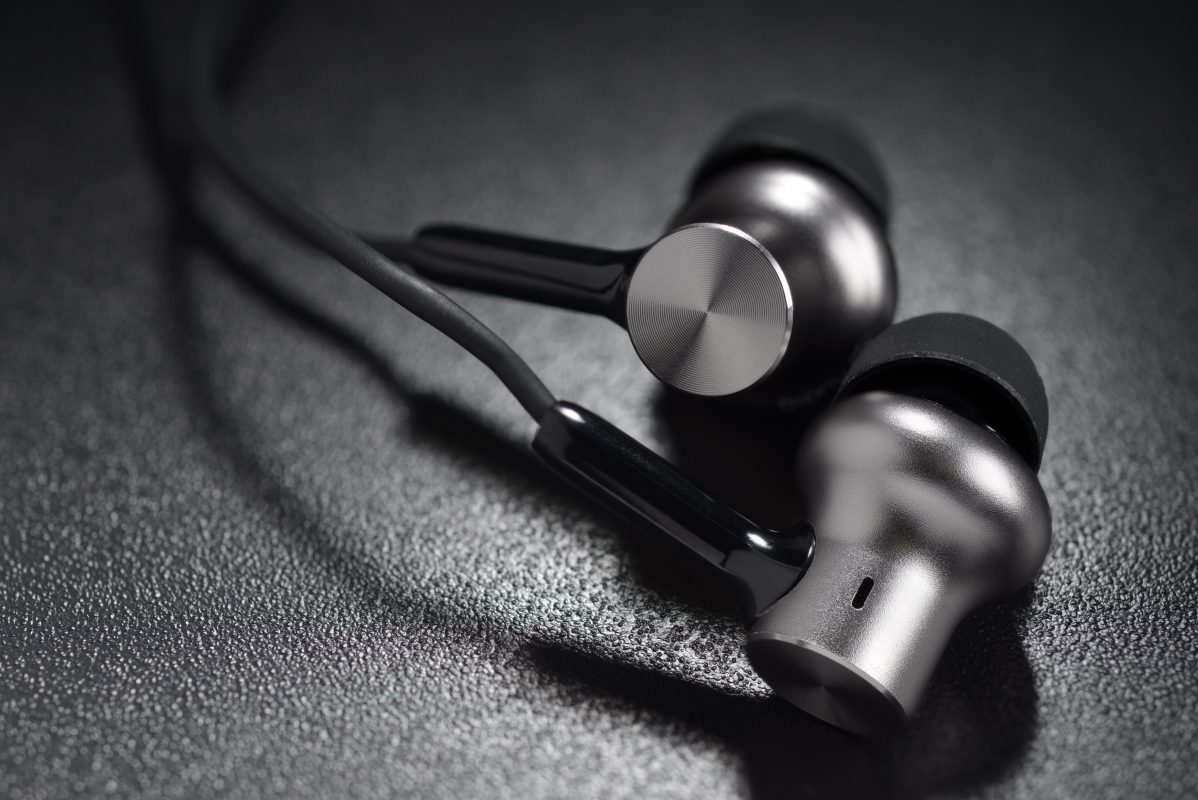In October 2016, a group of tech industry royalty took the time to get a demonstration of a product from a startup called Doppler Labs. Bill Gates and other tech leaders were present and were given samples of the startup’s wireless headphones.The Here One wireless earbuds cancelled out background noise, amplified voices, and could speak other languages.
None of the tech giants offered any bids and Doppler decided to launch the product on their own. The product failed to take off and soon Doppler was closed.
Within weeks of its closing, more than half of Doppler’s top technologists were working for the tech giants.
Now, Apple, Amazon, and Google have taken over where Doppler left off. All three are working on products that combine the utility of the hearing aid with the entertainment value of a pair of high-end headphones, and potentially much more, say sources. Since all three have announced plans to get into healthcare, they could easily add fitness and health monitoring sensors for everything from counting steps to measuring oxygen saturation.
This could take years to launch, but there is not doubt such technology is in our future.
“Ultimately, the idea is to steal time from the smartphone,” says Gints Klimanis, Doppler’s former head of audio engineering. “The smartphone will probably never go away completely, but the combination of voice commands and hearing could become the primary interface for anything spontaneous.”
The rise of “hearables” are due in part to the growth of personal voice assistants like Siri, Alexa, Google Assistant, and Microsoft Cortana. These technologies have started to make the touchscreen seem outdated.
Salaries for audio technologists are soaring, with big tech companies often paying $200,000 salaries to top talent from startups and the traditional hearing aid companies. Smart speakers are the fastest growing new hardware in years. By 2023, 63 percent of U.S. homes will have a device like the Amazon Echo or Google Home, up from .03 percent in 2014 and 16 percent in 2017.
“There’s much more that tech companies can do with ears than amplify music and make phone calls,” says Satjiv Chahil, a former Apple marketing executive who has advised hearing aid maker Starkey Hearing Technologies in recent years. “It’s about allowing your virtual assistant to whisper in customers’ ears throughout the day, while also enhancing their health and well-being.”
Your ears have some enormously valuable properties. They are located just inches from your mouth, so they can understand your utterances far better than smart speakers across the room. Unlike your eyes, your ears are at work even when you are asleep, and they are our ultimate multi-taskers.
Three former Doppler employees say Amazon already had a team of 70 people working on hearables when the companies were in talks last year.

